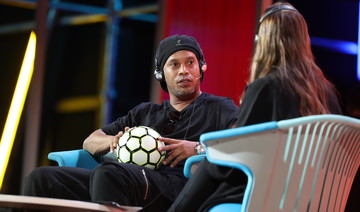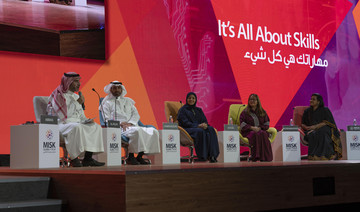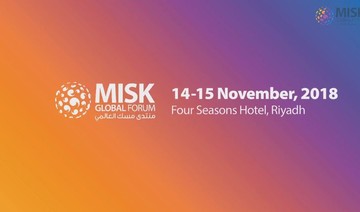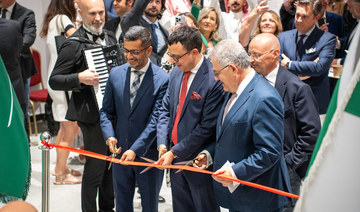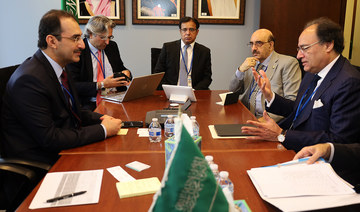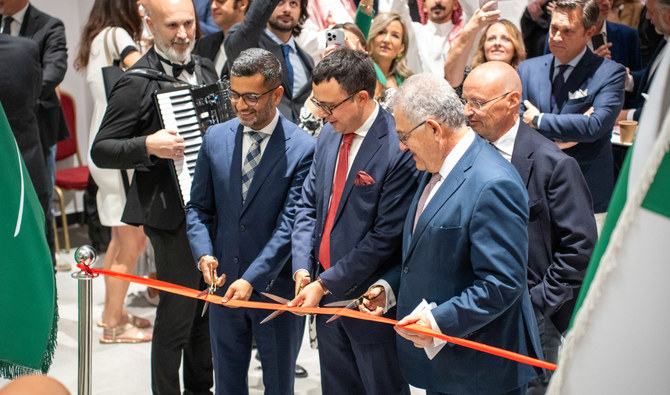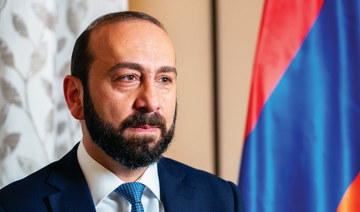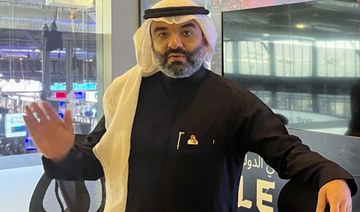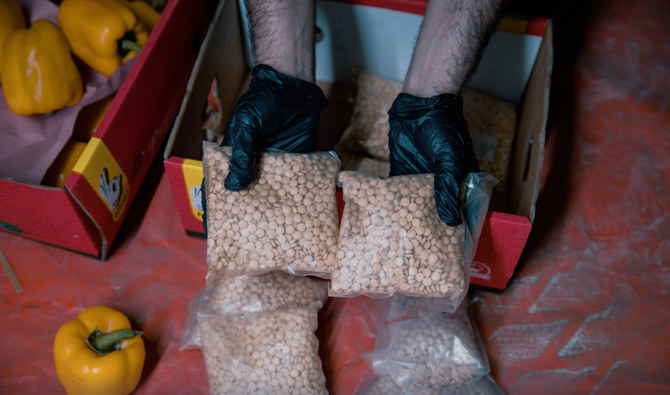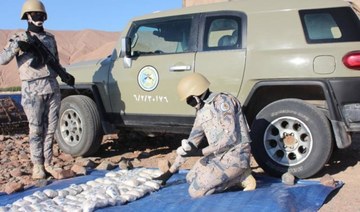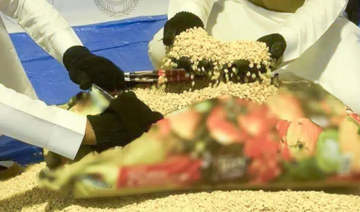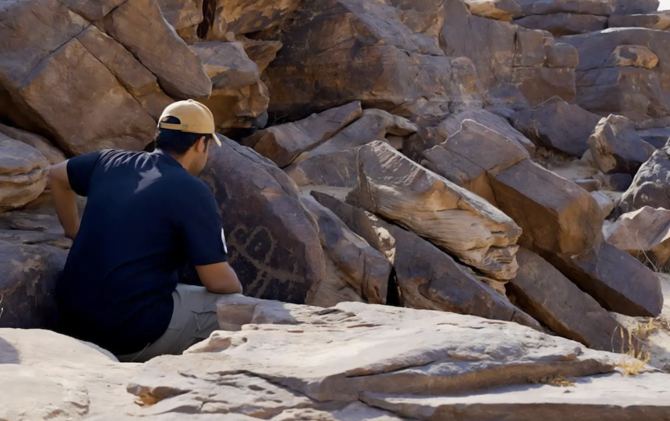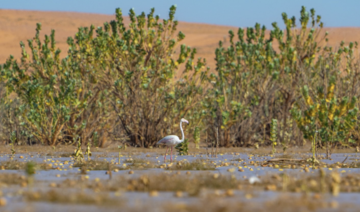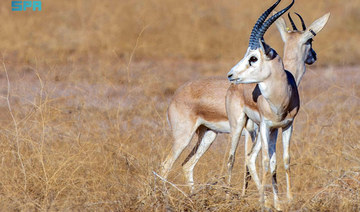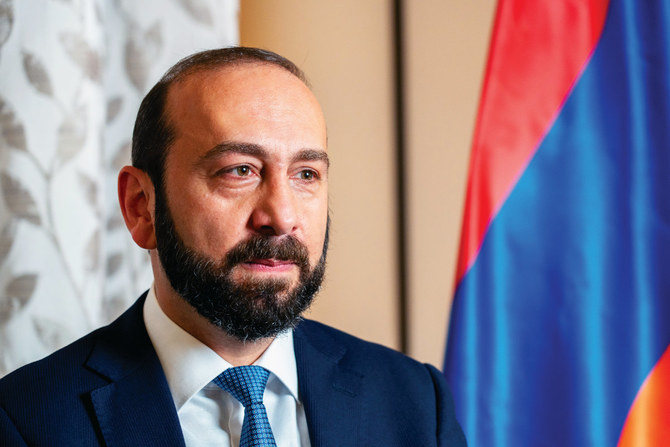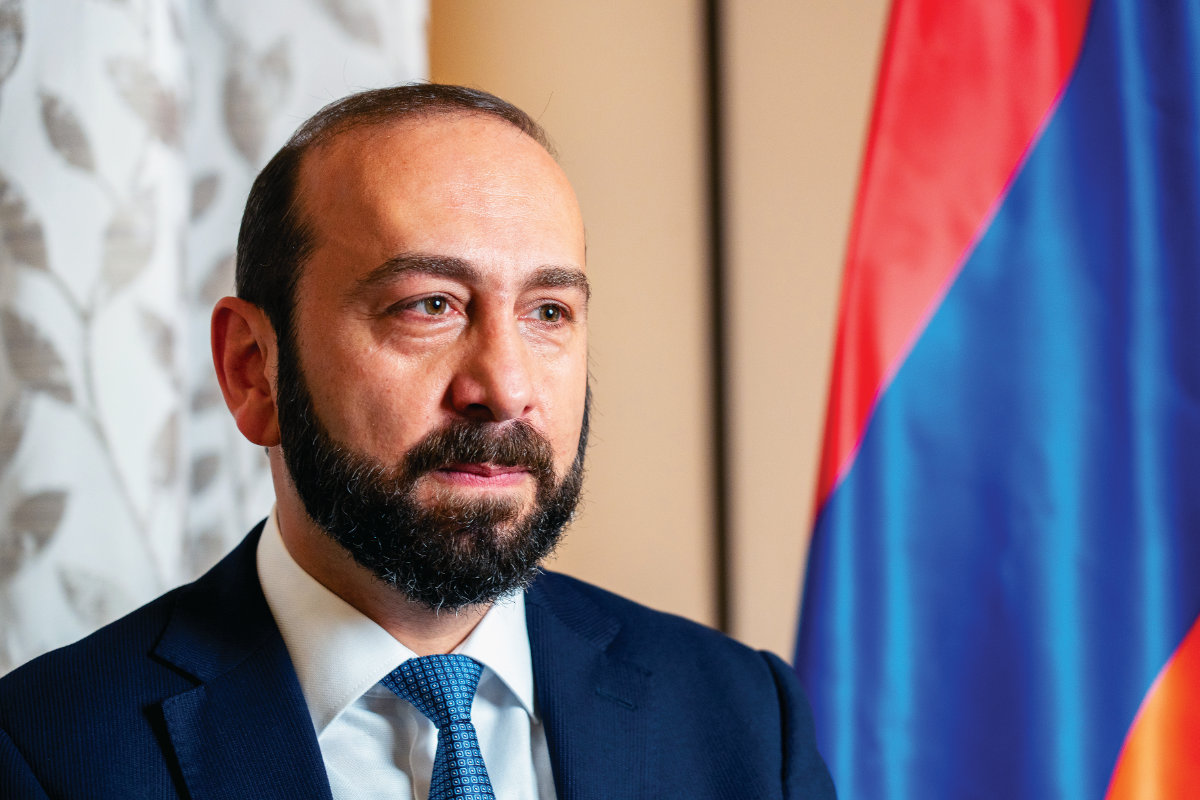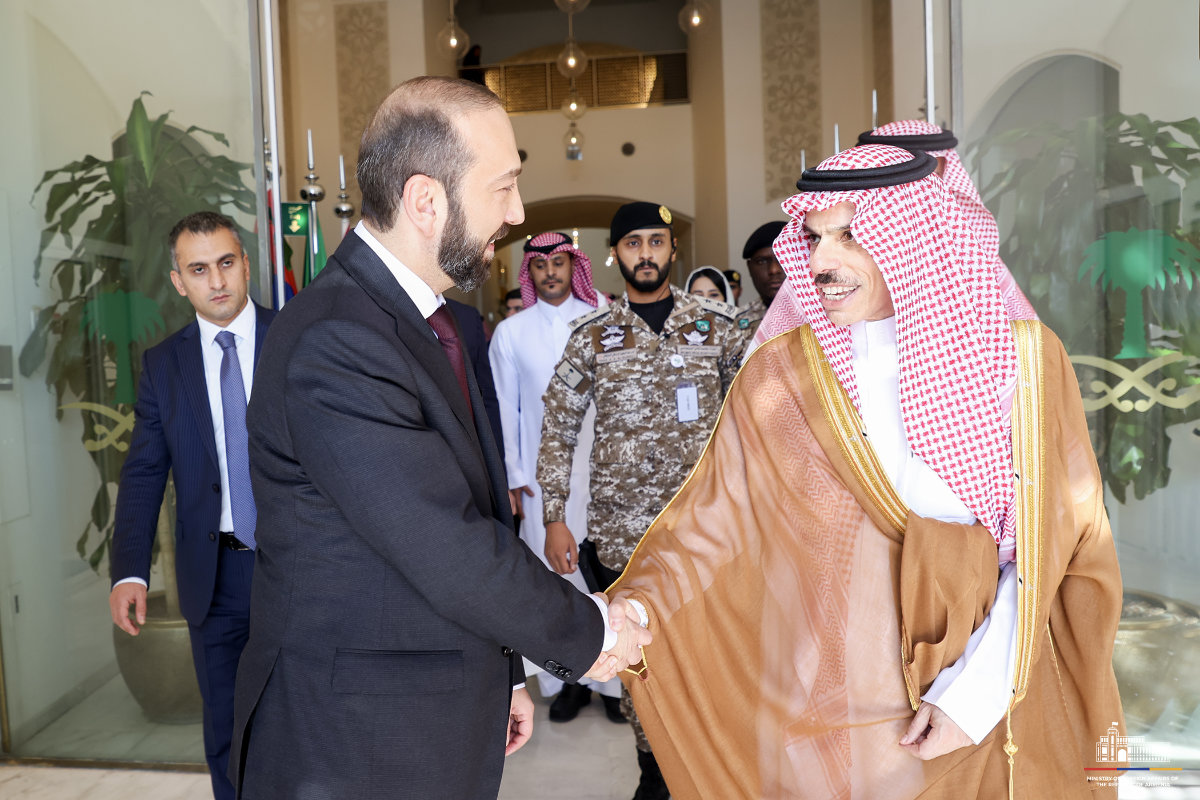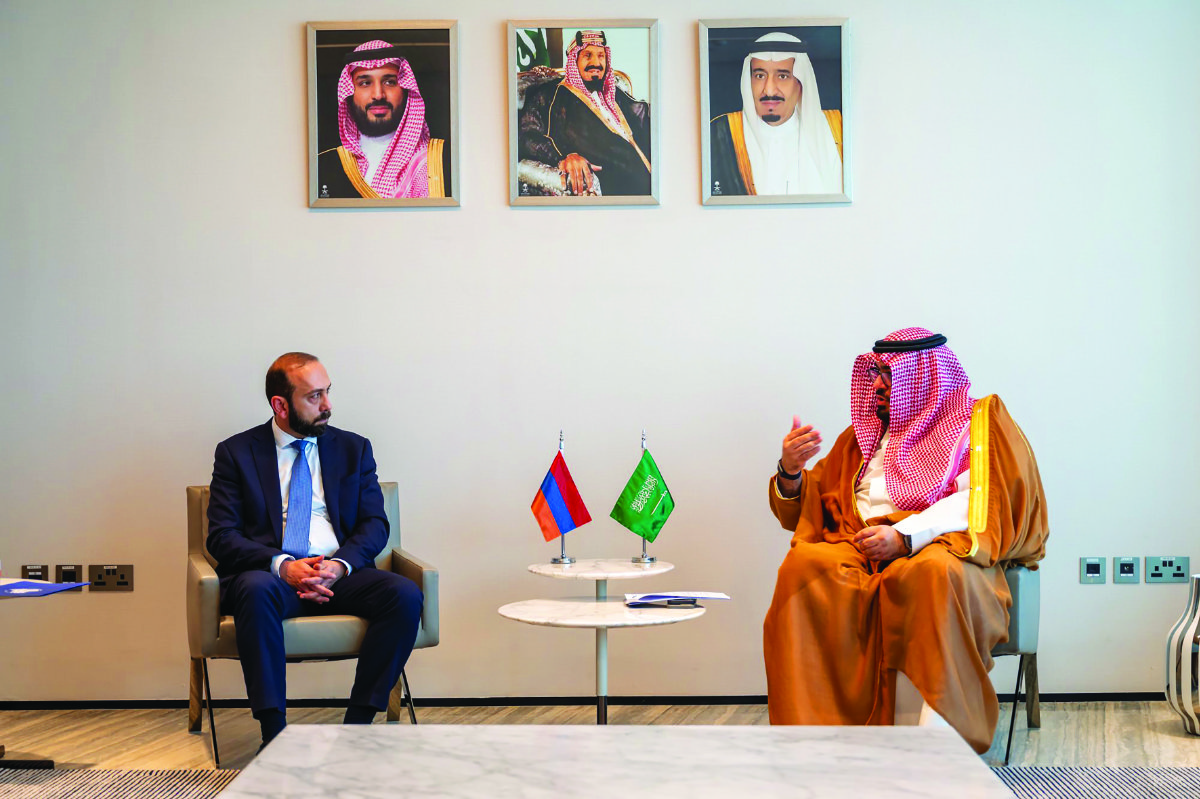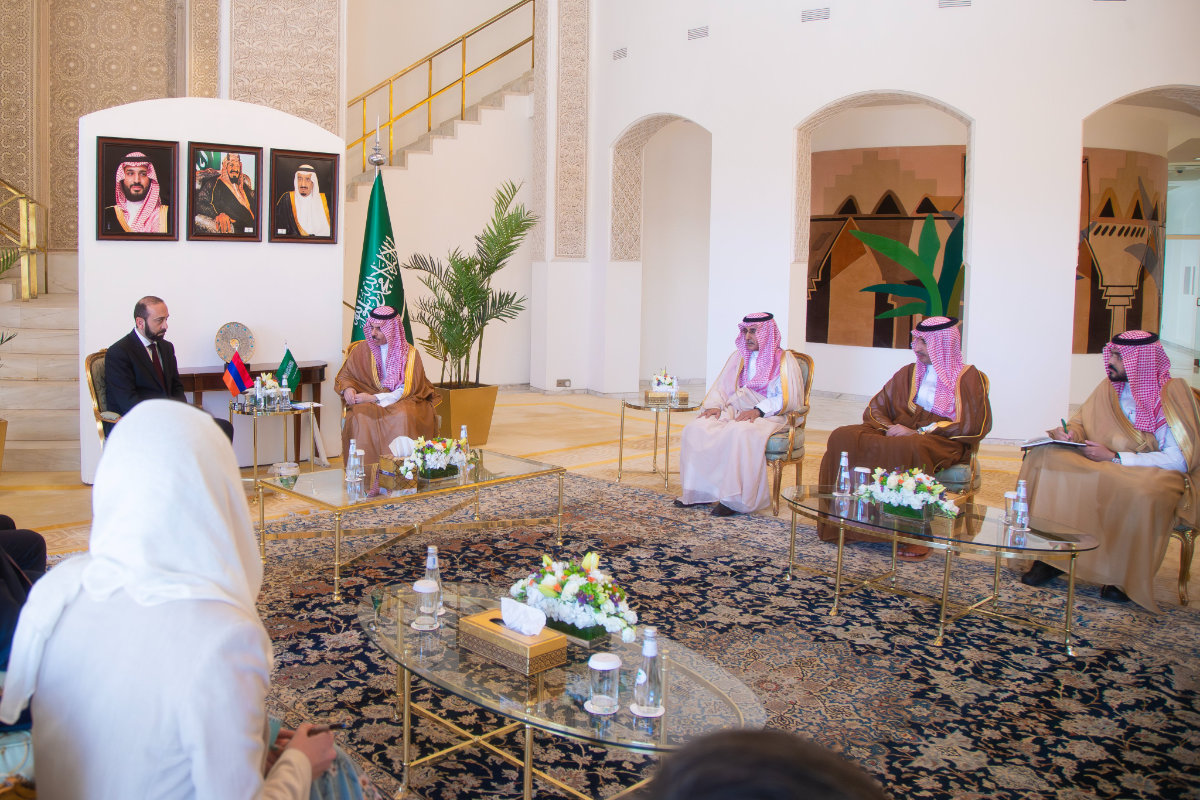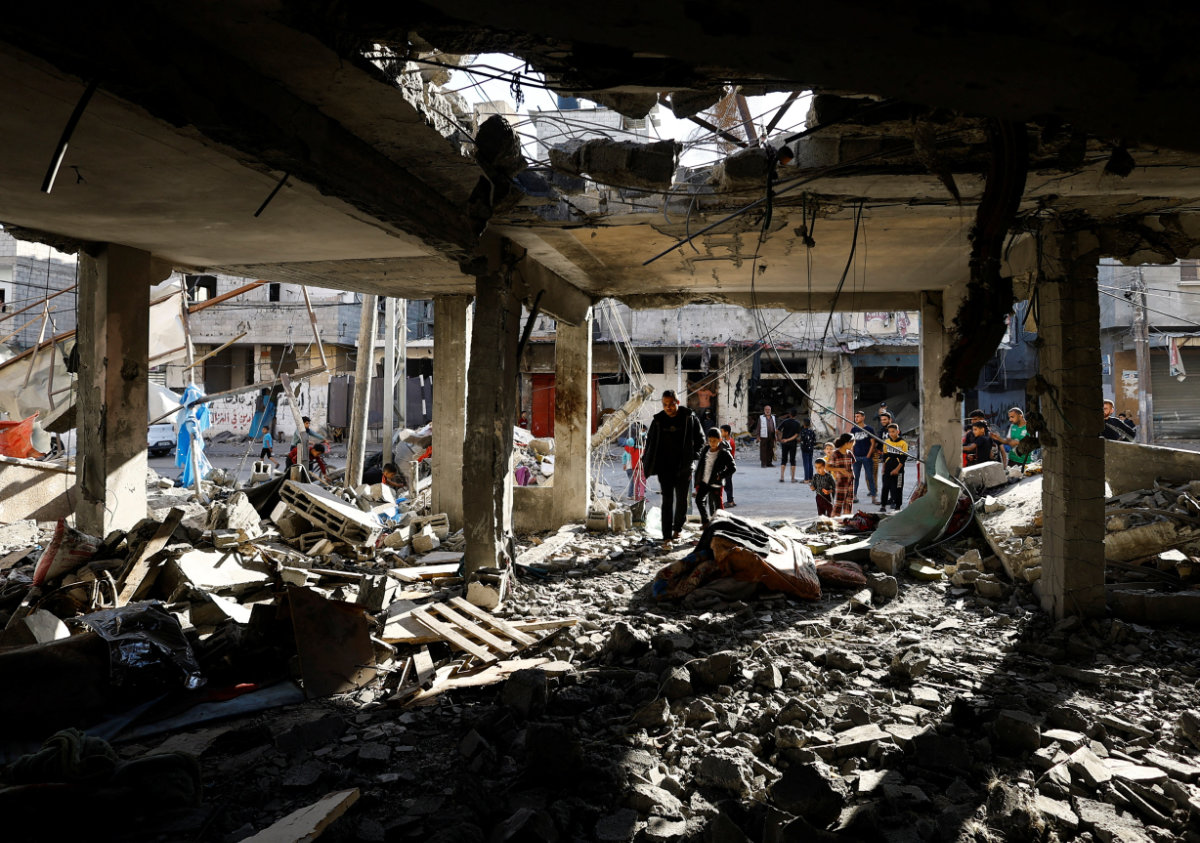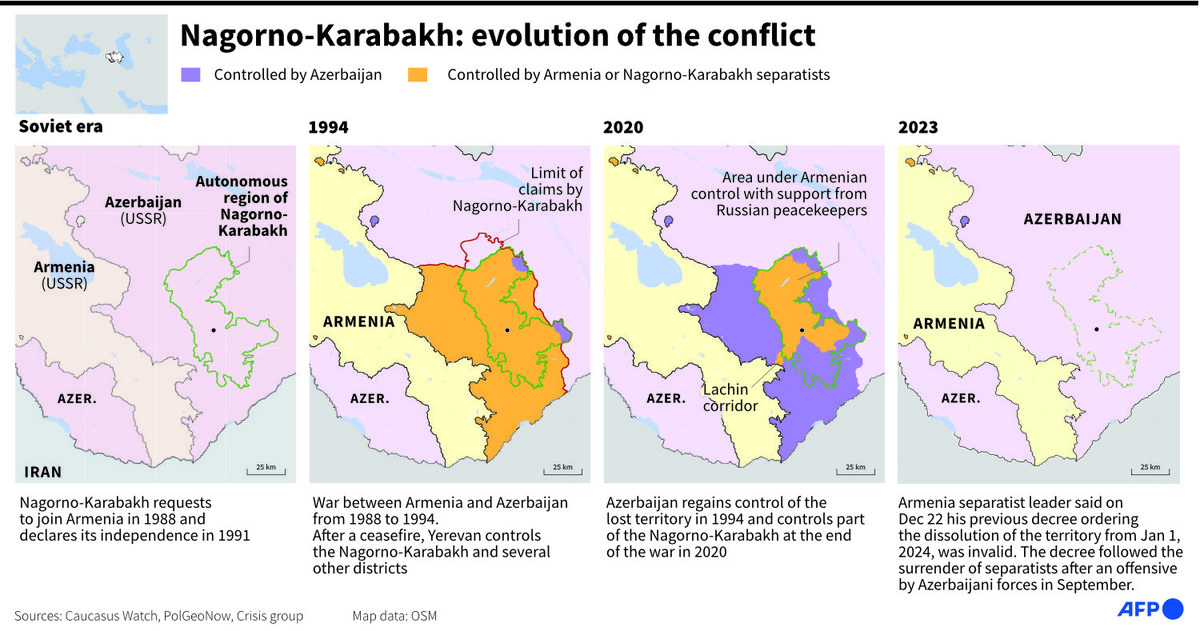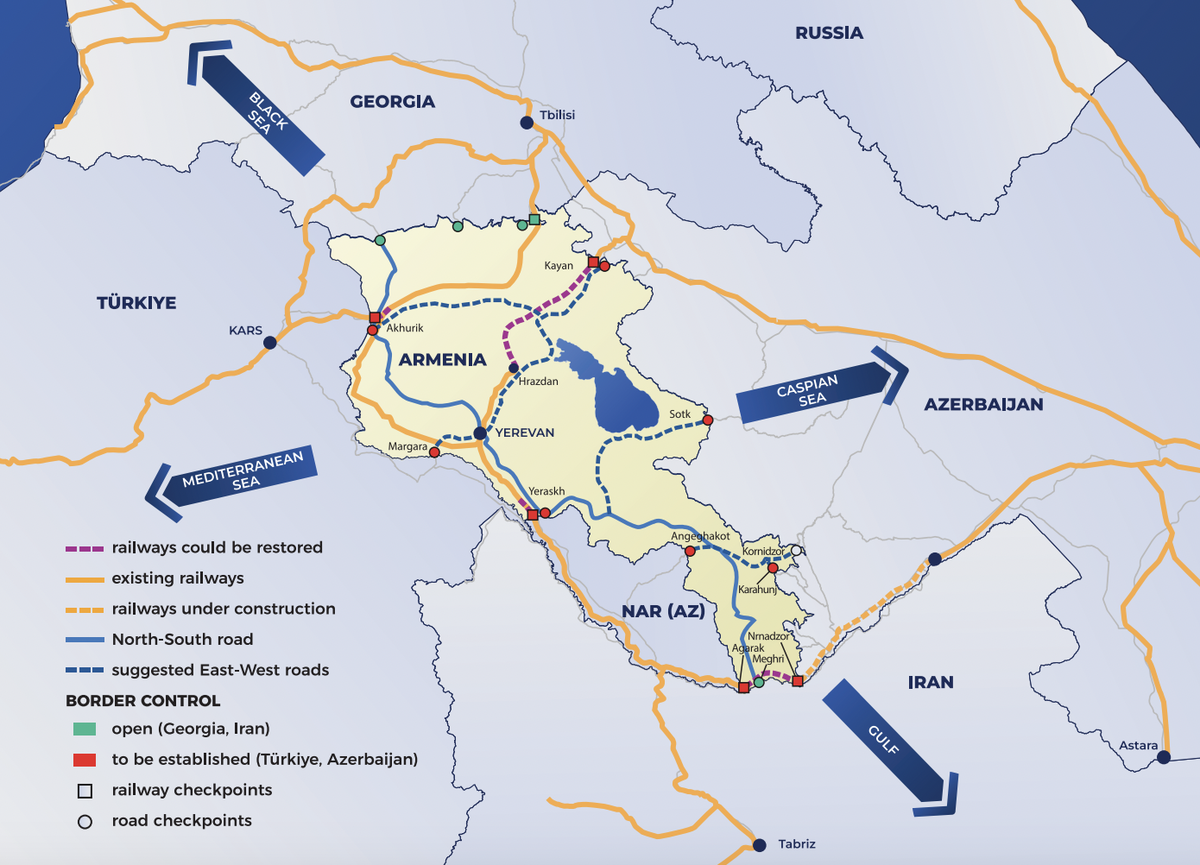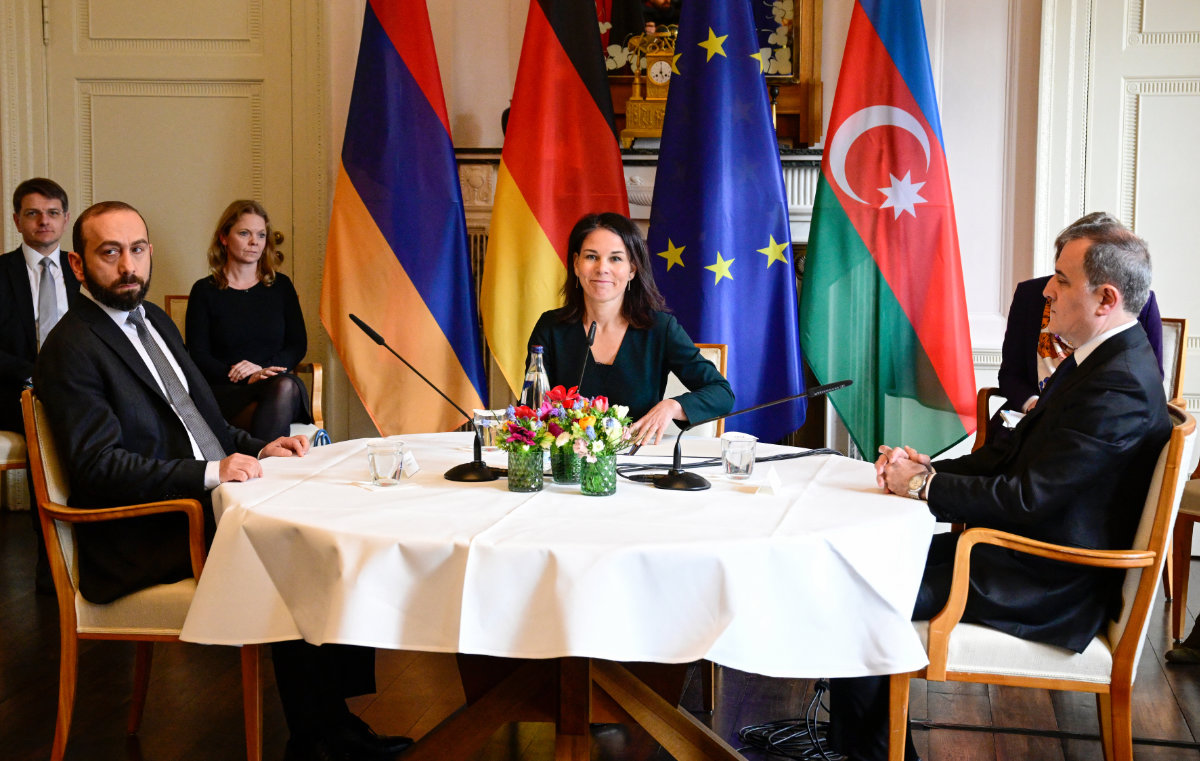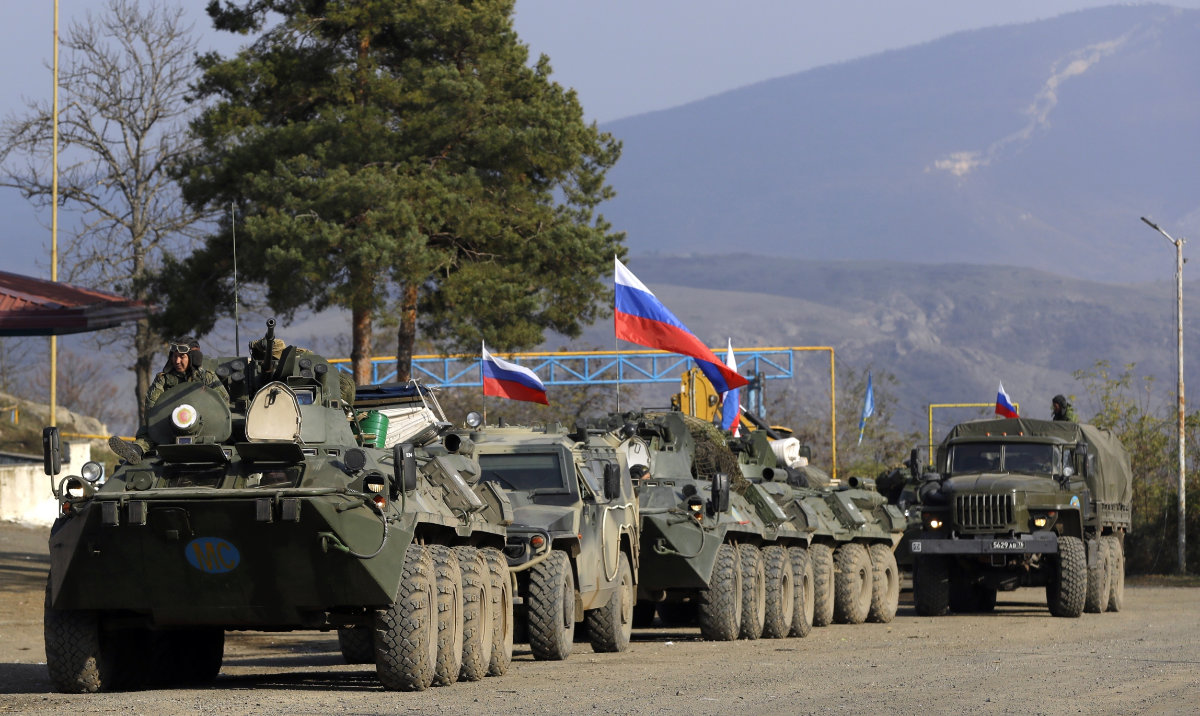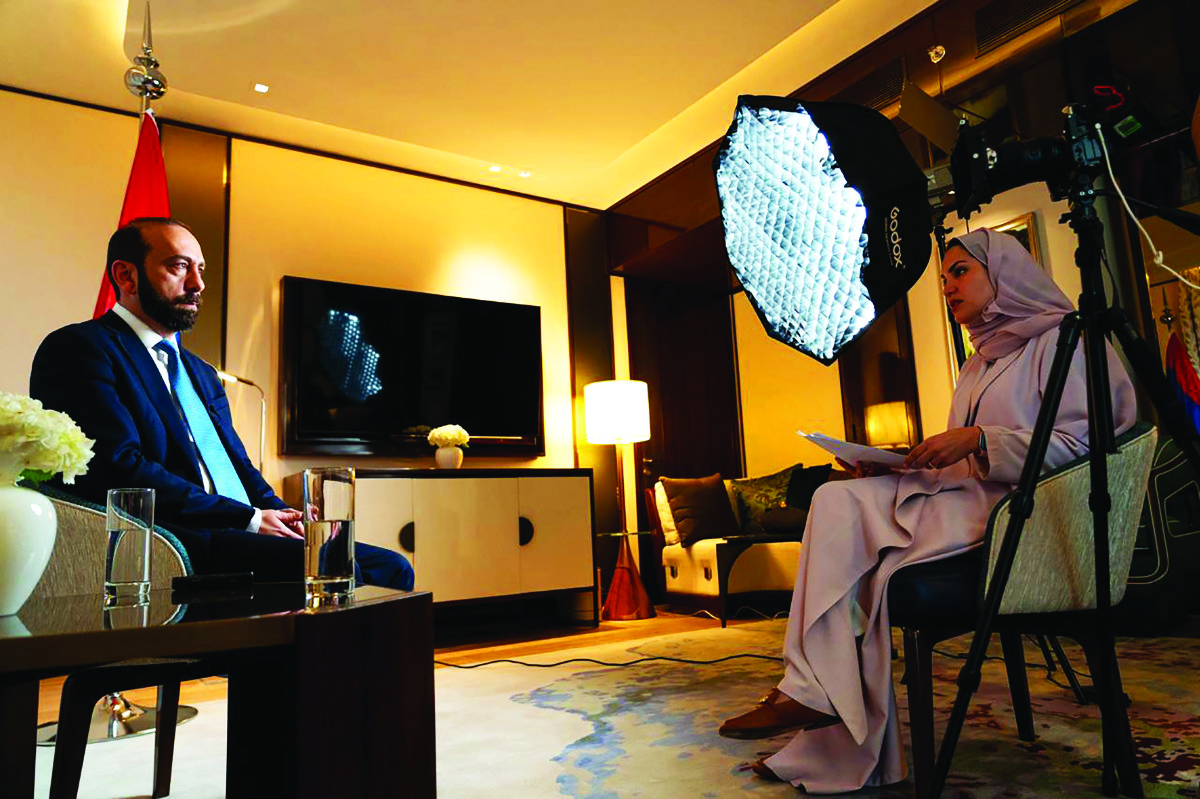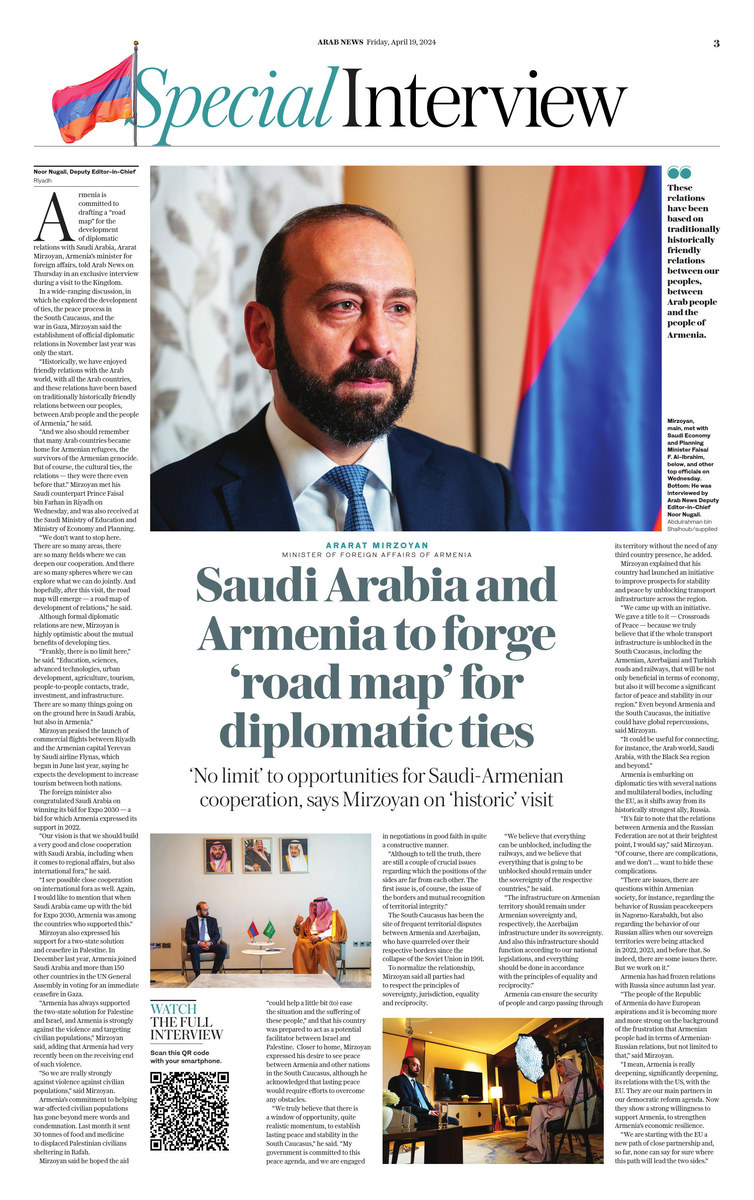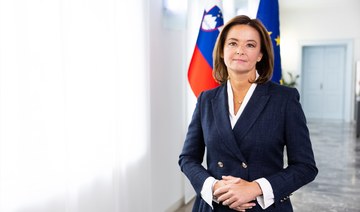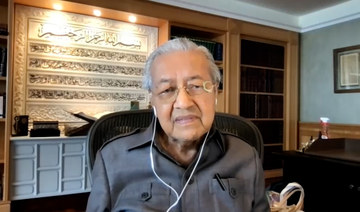“What does the future look like, in a world where everything is changing?” This question rang out as a video montage played at the “Skills for Our Tomorrow” Misk Global Forum on Wednesday.
From the vantage point of the third annual forum in Riyadh, the future buzzed with possibilities as more than 3,500 delegates were treated to sessions with political ministers, princesses, inventors, entrepreneurs and athletes. They had all assembled to share their vision of what is needed to deliver the skills that will be needed in future.
Weam Al-Dakheel, the first woman to anchor the main evening news on Saudi Arabian TV, introduced the forum’s executive manager Shaima Hamidaddin. “We want you to be inspired, not just by our speakers, but by your fellow guests,” said Hamidaddin, as she welcomed delegates.
IN PICTURES: View the Third annual Misk Global Forum in Riyadh photo gallery
Hamidaddin asked for a show of hands from different parts of the world, showing that there were delegates from every continent except Antarctica — the forum would work on that for next year, she promised. She then asked for a show of hands for those under the age of 35 to demonstrate that this was the youngest Misk Global Forum yet.
She added that thanks to technology, we are already more connected than ever before, but urged people to interact with the speakers and guests from different cultures. “We must seize the opportunity for uniquely human collaboration,” she said.
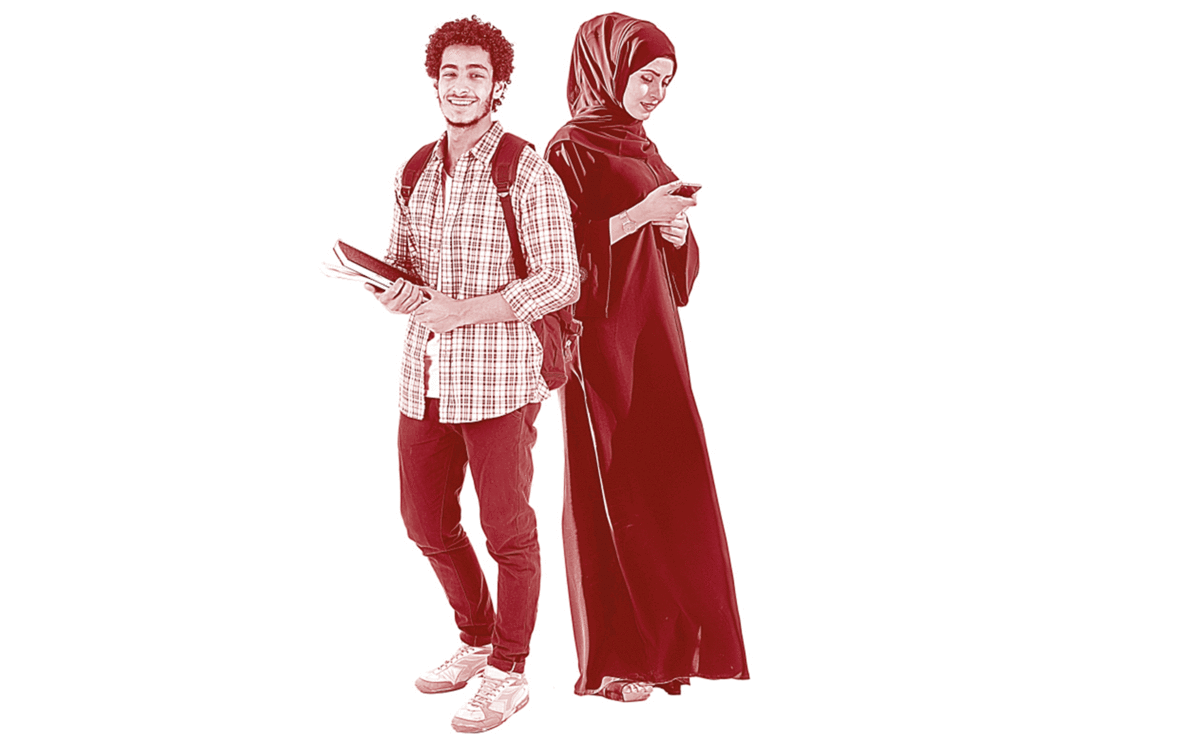 As the moderator of the first session, “It’s All About Skills,” Arab News’ editor in chief Faisal J. Abbas began by holding up the morning’s newspaper: “Two years ago people used to read the news like this,” he said.
As the moderator of the first session, “It’s All About Skills,” Arab News’ editor in chief Faisal J. Abbas began by holding up the morning’s newspaper: “Two years ago people used to read the news like this,” he said.
But as he pointed out, the news industry has changed drastically, with digitally connected audiences increasingly using online platforms such as Twitter.
With media tweeting out his comments, Abbas introduced his guests: Ahmed bin Suleiman Al-Rajhi, the Kingdom’s minister of labor and social development; Shaima Hamidaddin; Jayathma Wickramanayake of Sri Lanka, the UN Secretary-General’s envoy on youth and Sue Siegel, chief innovation officer for General Electric.
Abbas asked Al-Rajhi how the government was tackling the challenge of finding jobs for young people. “With Vision 2030 programs ... we have a lot of initiatives and there is potential,” the minister said. “We all need to work together and collaborate with the education system, employers who create the jobs and the ministry to give a clear direction of where we are going today.”
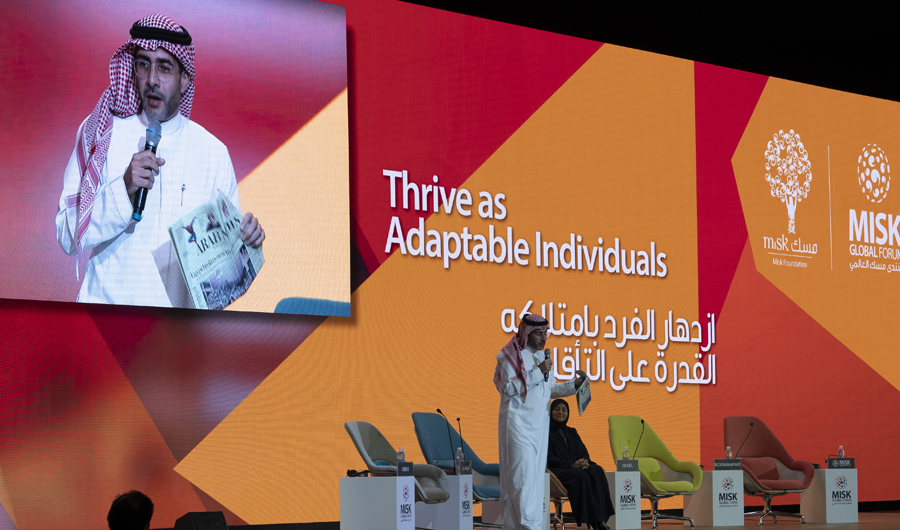
Arab News Editor in Chief Faisal J. Abbas hosted a panel on skills. (Ziyad Alarfaj/Arab News)
Asked whether job creation is considered to be an issue worldwide, the UN youth envoy said: “It is not a national or regional issue but a global one: Our world is younger than it has ever been before.”
Wickramanayake said that by 2030, South Asia and Africa will supply 60 percent of the world’s workforce. “We have a large majority of young people who are working but still live in poverty,” she said, adding it is important to invest in them. “If we are serious then this is the time to make those investments to be productive citizens and employees and employers.”
A group that has been making just this sort of investment in Saudi Arabia is the forum’s organizer, the Misk Foundation, which. was founded by Crown Prince Mohammed bin Salman in 2011.
Abbas asked the question that is on everyone’s minds these days: Are machines going to take our jobs? Siegel answered that while everybody looks at artificial intelligence and has this fear, actually AI will create new jobs and be used for more mundane tasks.
AI was the topic of another session later in the day. Julia Glidden, general manager, global government industry for IBM Corporation in the US, said it is really important to know what AI is not. “It comes back to you and what you bring to your societies, which is your humanity, your passion, your vision and creativity, because machines will never replace that,” she said.
Another panel on the topic of social intelligence stressed that technology could sometimes hinder people from interacting with the world around them. Adeeb Alblooshi, the UAE’s youngest inventor, said it is important to develop social intelligence.
He advised young people: “You have to start simple by understanding little things people do and that’s how you can gain experience. You don’t need to have the best equipment and the latest technology to develop. Just don’t give up ... always have faith.”
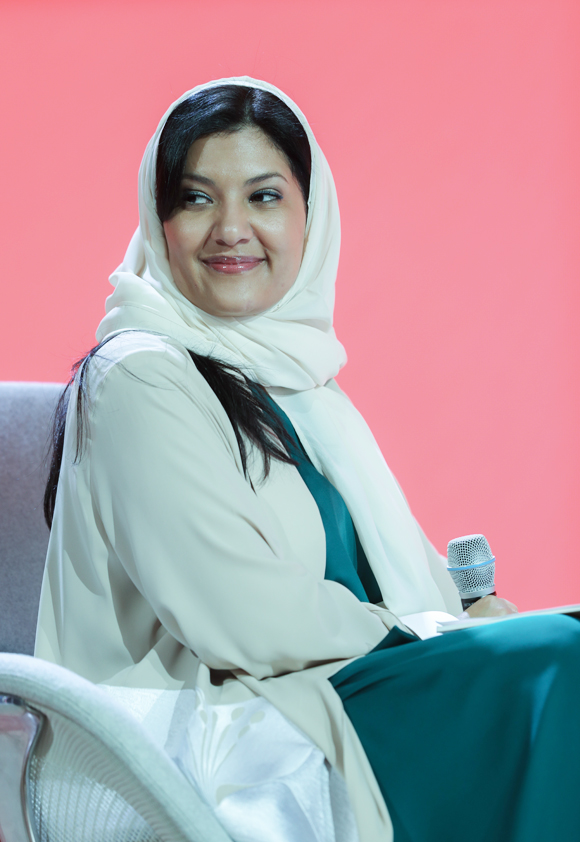
Princess Reema bint Bandar, deputy of planning and development at the Saudi General Sport Authority. (Basher Saleh/Arab News)
The day wasn’t just about skills and intelligence. Athletes led the afternoon sessions, including a panel on the Future of Sport moderated by Princess Reema bint Bandar, deputy of planning and development at the Saudi General Sport Authority.
Lubna Al-Omair, the first Saudi female Olympic fencer, interviewed Amir Khan, the Olympic medalist and light-welterweight world champion, who appeared wearing traditional Saudi clothes. He said that he hoped to help the next generation of Saudi boxers to become Olympic champions, and the only way to do this is by opening academies here.

British boxing legend Amir Khan. (Ziyad Alarfaj/Arab News)
Khan said he believes there is a reason Saudis are good boxers: “Maybe it is in their blood — they are warriors.”
Winding up the day, Brazilian football legend Ronaldinho appeared on stage to a chorus of cheers and gave a talk entitled “The Discipline — and Fun — of Teamwork. ”
His advice for the audience? “Prepare yourself and help your colleague or team member,” he said. “Humility is important. Try to stay humble.”
He also said to train hard, read as much as you can and don’t fear failure. “I failed a lot of times,” he said. “Football is like that. You can’t always win. You have to seek lessons from the defeats and not lose hope.”
Now retired, Ronaldinho is more concerned with giving back. “After I stopped playing, I have soccer academies. That’s what I’m proud of, and it has given me pleasure. To give something back (as a) thanks to football and everything it has given me.”
The forum was continuing at Four Seasons Hotel Riyadh at Kingdom Center on Thursday.

Brazilian soccer great Ronaldinho. (Ziyad Alarfaj/Arab News)




